Anime has had a long, complicated history when it comes to breaking into the English-speaking market. In the United States, there have been dubbing companies based all over the country, from California to New York to Texas. Added to that, many iconic English dubs, like the ’90s dub of Sailor Moon and the Vancouver-based dub of Inuyasha, helped popularize Canada’s role in the dubbing industry. However, anime doesn’t always get its English dubs in North America.
Translations can come from unexpected places. Oftentimes, there actually is a dub produced in North America, with an alternate dub made in Asia, Europe, or even Africa. Other times, North America never saw a version of the series, with the dub only being released overseas.
10 Anne Of Green Gables: Canada’s Favorite Redhead Got Dubbed In South Africa

Anne of Green Gables famously takes place on Prince Edward Island and is arguably one of Canada’s most famous pieces of literature. When an anime adaptation was made in the late ’70s, however, it actually got its English dub in South Africa, through a European licensor.
The English dub notably never aired in North America, but the anime is believed to have still made it to Canada (where the story is set) through a French dub. The English dub is also believed to have aired in Taiwan and Hong Kong.
9 Alice In Wonderland: Alice Got Dubbed In South Africa, Aired In Canada, & Missed A Few Episodes In Japan

This anime, an adaptation of the popular Lewis Carroll book, was a Japanese-German co-production and was really aimed at foreign markets, as around half the episodes never even aired in Japan. In spite of the British origins of the story, the anime’s English dub was actually produced in South Africa.
The English dub aired in South African in the ’80s and is also believed to have aired in Canada. The dub’s theme song is also based on the German dub’s opening and is even believed to be performed by the same singer, Lady Lily.
8 Doraemon: At Least Four Different Countries Have Made English Dubs, With One Only Airing In Barbados

This classic anime, about a young boy and his time-traveling robot cat, actually did have a short-lived run on Disney XD in the United States, but it’s had multiple English dubs over the years. There was an alternate dub produced in Hong Kong and a third dub made in India.
Interestingly, Canada might have gotten the first crack at dubbing the series, with a dub called The Adventures of Albert and Sidney. However, while it’s believed to have been dubbed in Montreal, it only aired in Barbados.
7 Ninja Hattori: India Loved This Series So Much It Made Its English Dub

This classic anime and manga series, which focuses on the adventures of a little ninja, proved so popular in India that its 2012 remake was actually a co-production between Japan and India.
In fact, the remake’s English dub was actually produced in India. This version was also made available in the United States through Netflix. That said, an alternate English dub was produced for Disney Channel Asia.
6 Super Pig: After The Saban English Dub, It Got Another One From The Philippines

This superhero parody, which features a magical girl who turns into a superhero pig, actually did get an English dub from the United States from Saban, but it never aired in the country, although it did air in the United Kingdom and New Zealand, as well as the Netherlands with Dutch subtitles.
An alternate English dub, however, was also made in the Philippines. This version was called Super Boink and also gave the characters more Western names, such as changing the heroine’s name “Karin Kokubu” to “Colleen Adams.” This dub retained the original Japanese music and sound effects, unlike the Saban dub.
5 Urusei Yatsura: The BBC Got Involved With The Dubbing

This Rumiko Takahashi classic had multiple attempts at an English dub. The first two episodes were dubbed in the United States under the title Those Obnoxious Aliens, although the only other media that ended up dubbed were some of the movies.
A short-lived British gag dub, called Lum the Invader Girl, was later produced and aired on BBC Choice. This version, however, only dubbed the first and third episodes. A Hong Kong dub, called Alien Musiba, was believed to have lasted longer, as well as a dub made in Alaska, called Cosma the Invader Girl.
4 Yu Yu Hakusho: An Alternate Dub Was Made In Hong Kong

This famous shonen anime already had two English versions produced for air in the United States, a version that aired on Adult Swim and a censored version that aired on Toonami.
However, this series also had an alternate dub produced in Hong Kong, intended for English-speaking areas in Asia. In many ways, this version was closer to the Japanese version, retaining Japanese music and text, with the latter explained by a narrator. Kurama was also given a softer voice like in the Japanese version, whereas the previous English dub gave him a rather deep voice. Unlike the Adult Swim version, however, this version did not use profanity.
3 Ox Tales: There’s A Dutch-Made English Dub

This Japanese-Dutch series, also known as The Tales of Boes’ Gang, originally got an English dub from Saban that was intended to air in the United States, but this never happened, although the series did air on the BBC.
However, a new English dub was created in the Netherlands using a cast of English-speaking actors. This version is based primarily on the Dutch dub, using its music and character names, although it retains Saban’s title, Ox Tales.
2 Inuyasha: The English Versions Of The Songs Came From Italy

While, as mentioned, Inuyasha was dubbed in Canada, some of its English-language media came from overseas. English versions of some of the Inuyasha songs, like “Change the World,” “My Will,” and “Deep Forest,” actually came from the Italian dub. The former song was even performed by Inuyasha’s Italian voice actor.
Interestingly, the official English releases didn’t translate the songs, either cutting the songs entirely, airing the Japanese versions, or using an instrumental version.
1 Princess Knight: The English Dub Was Made In Japan

This classic Osamu Tezuka anime actually got its English dub from a Tokyo-based company, Frontier Enterprises, which employed native English speakers, after the series’ distribution rights were purchased by animator Joe Oriolo.
A few of the early episodes were condensed into a compilation film and sent to independent television stations. Eventually, however, the dub would end up airing in Australia.
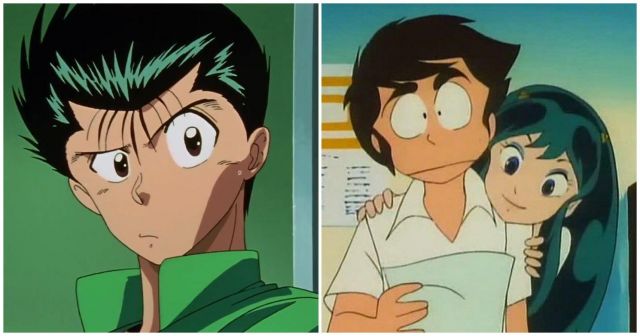
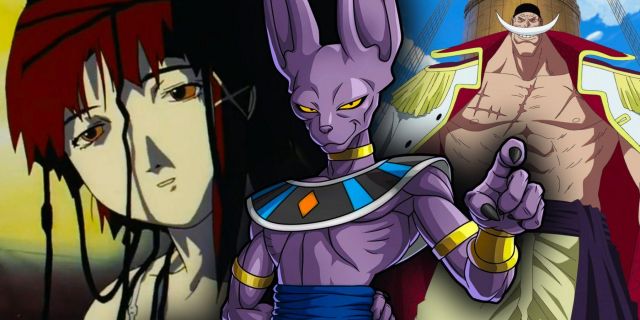
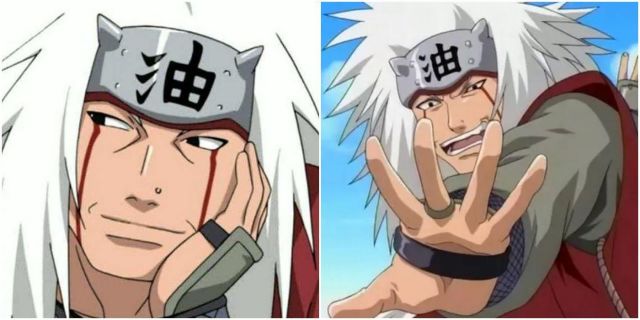
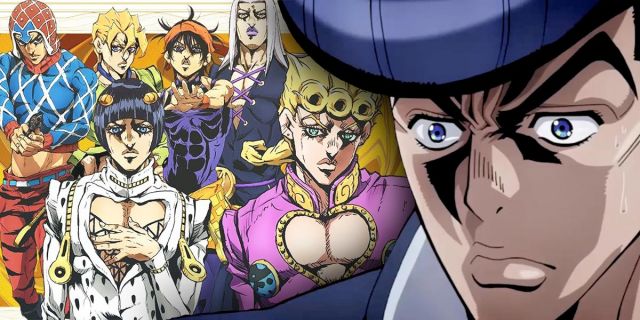
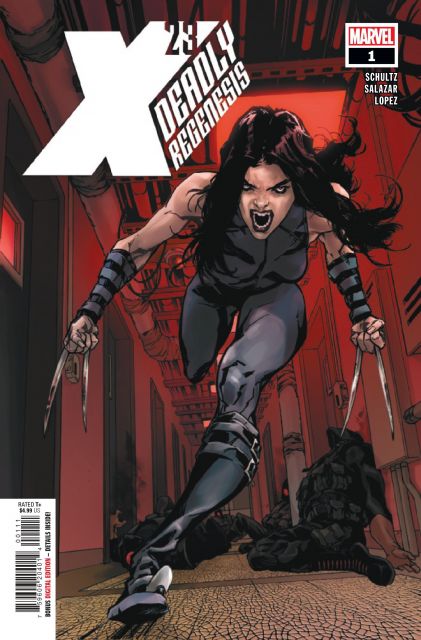
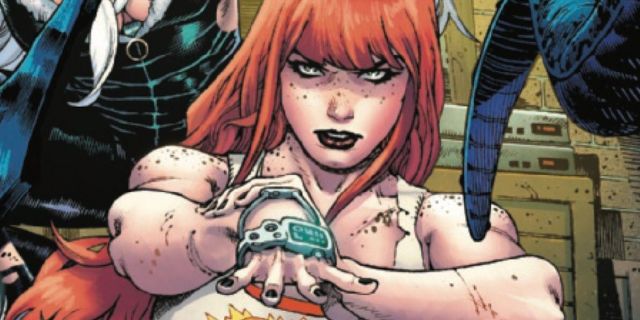
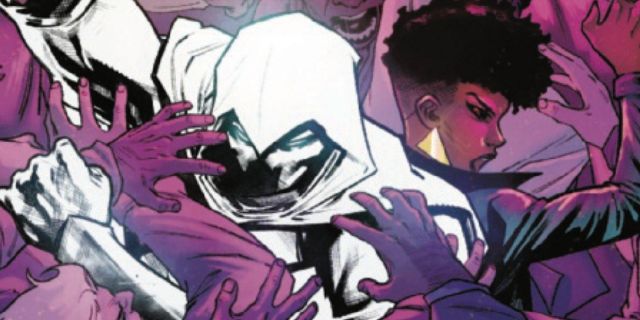
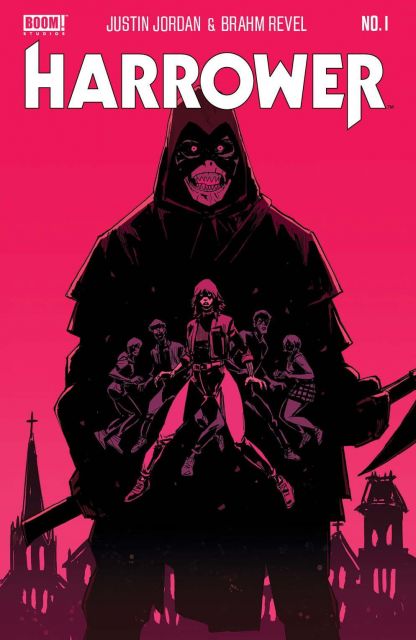
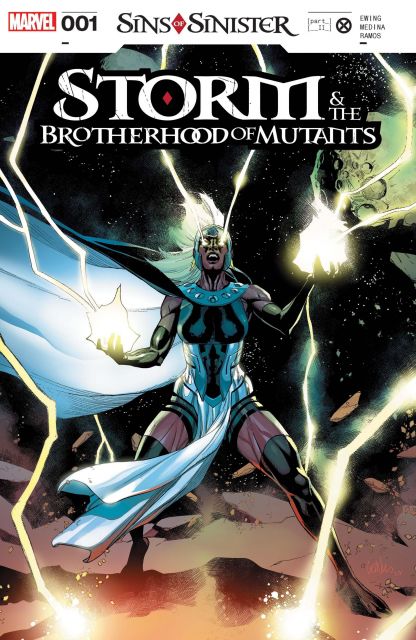
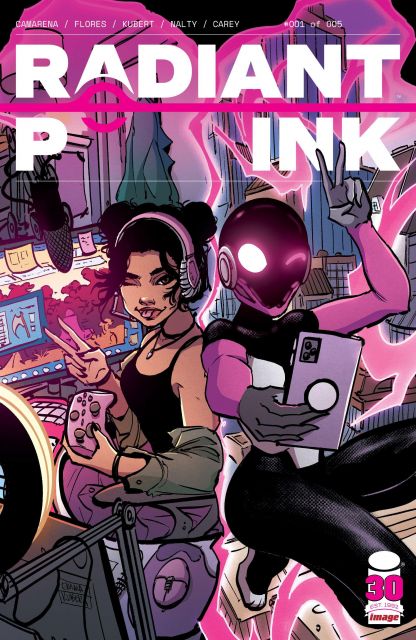
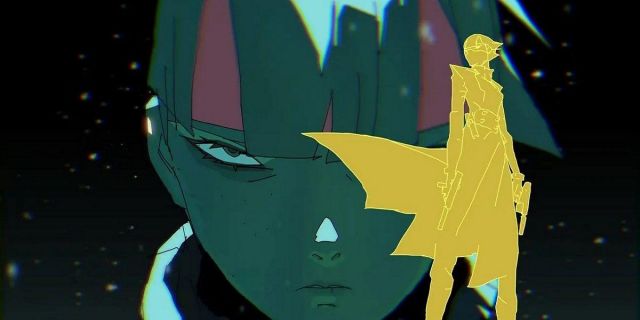




Leave a Reply